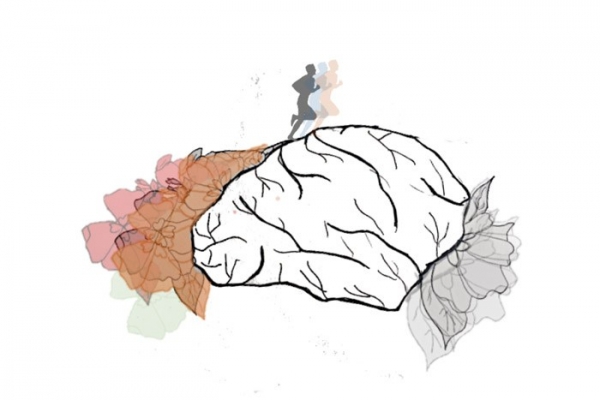The Student Association of Cognitive Science (SACS) hosted an hour-long virtual panel to discuss the challenges, successes, and future opportunities that the field of artificial intelligence (AI) presents. The Nov. 19 event was the second installment of the 2020-2021 Cognitive Science Speaker Series hosted by SACS.
The speaker, Dr. Jackie Cheung, is an assistant professor at McGill University’s School of Computer Science and a core member of the MILA Research Institute. Cheung lectured on the implications of AI and Natural Language Processing (NLP) in settings where these technologies interact with humans. Drawing from his research on machine learning and predicting language, Cheung provided the audience with an in-depth look at the ethical questions that arise from the use of AI and NLP technologies.
Cheung emphasized the importance of avoiding stereotypical biases in common practices like searching for results online or ranking job candidates.
“[A] study looked at the representation of gendered [third-person] pronouns [in AI systems and] at how much these models think that there is an association between [a] pronoun and some words related to occupations,” Cheung said. “This is a problem [because] now, we are not just using these [AI] systems to analyze data in the abstract. We are now using them to make decisions.”
Cheung covered various other topics during his lecture, including the science behind AI technologies and the differences between AI, machine learning, and deep learning. He also described examples of successful AI technologies used in practice like IBM’s Watson and Deepmind’s AlphaGo Zero, which have defeated humans in games like Jeopardy and Japanese Go. The end of the lecture focussed more heavily on the ethical questions that surround AI, including how researchers can effectively employ AI systems for social good.
Cameron Cherif, U3 Arts and Science, elaborated on what she enjoyed the most about Cheung’s lecture.
“His talk was really informative, as he has covered not only what AI is about, but also its weaknesses and the ethical challenges it entails, while also debunking some myths that people commonly assume […] about [machine learning],” Cherif said. “He’s a phenomenal lecturer, and I enjoyed the throwback to COMP 424 [Artificial Intelligence].”
One of SACS’s goals is to ensure that its events are accessible to the general public. Léo Tronchon, U4 Arts, shared his thoughts on the accessibility of the panel’s subject matter.
“The talk given by Professor Cheung was, I believe, accessible for most people,” Tronchon said. “It covered the recent advances in AI and some of the [ethical] limitations encountered today [….] Since [machine learning models] are used extensively on the internet, where polarization is already problematic, I feel like [it’s] an important issue.”
Dr. Elizaveta Solomonova, a postdoctoral fellow in McGill University’s Department of Psychiatry, will host the next installment of SACS’s Speaker Series, which is being held during the first week of December. In the Winter 2021 semester, SACS will be hosting a cognitive science panel with four confirmed speakers to discuss the most relevant topics within the contemporary field of cognitive science. In an email to The McGill Tribune, Vice-President Academic of SACS Héctor Leos explained the importance of the Speaker Series panels for the McGill student community.
“These lectures are a great opportunity for students in and outside the program to learn about the research that is being done at their university, and to understand why an interdisciplinary study of the brain and the mind is so important,” Leos wrote. “This lecture was initially scheduled to occur last winter, but due to the coronavirus pandemic, it had to be cancelled. We’re happy that Dr. Cheung [agreed] to deliver his talk once again this semester.”
Students interested in the Student Association of Cognitive Science can find out more about future events via the association’s website and Facebook page.







